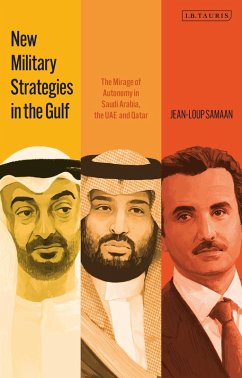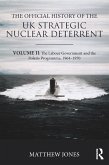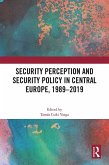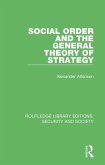In the last decade, rulers in Gulf regimes have aspired to greater strategic autonomy and distance from the West. Coined the "Gulf moment" by local commentators, this regional trend reflects a redistribution of power in the Arab world. This is the first book to examine the military dimensions of these shifts. Gulf military strategy has prioritised the improvement of local armed forces and the diversification of defence partnerships towards countries such as Russia, Turkey or China. However, this book shows how this has led to the militarisation of Gulf societies, the further erosion of multilateral initiatives - including the Gulf Cooperation Council - and the Gulf's perilous involvement in the war in Yemen. The book also highlights enduring reliance on the West.
Each chapter covers a key aspect of defence policy from governance of armed forces, military education and power projection capabilities to regional security cooperation and lessons from warfighting experiences. Close attention is paid to Saudi Arabia, the United Arab Emirates and Qatar, countries that have enjoyed prominent roles in the region's security affairs during the last ten years. The research is based on extensive fieldwork and interviews with major decision-makers, officials, and diplomatic and military representatives. It is also uses recently declassified official documents to gain rare insight into what Gulf countries intend for their defence policies.
Each chapter covers a key aspect of defence policy from governance of armed forces, military education and power projection capabilities to regional security cooperation and lessons from warfighting experiences. Close attention is paid to Saudi Arabia, the United Arab Emirates and Qatar, countries that have enjoyed prominent roles in the region's security affairs during the last ten years. The research is based on extensive fieldwork and interviews with major decision-makers, officials, and diplomatic and military representatives. It is also uses recently declassified official documents to gain rare insight into what Gulf countries intend for their defence policies.









